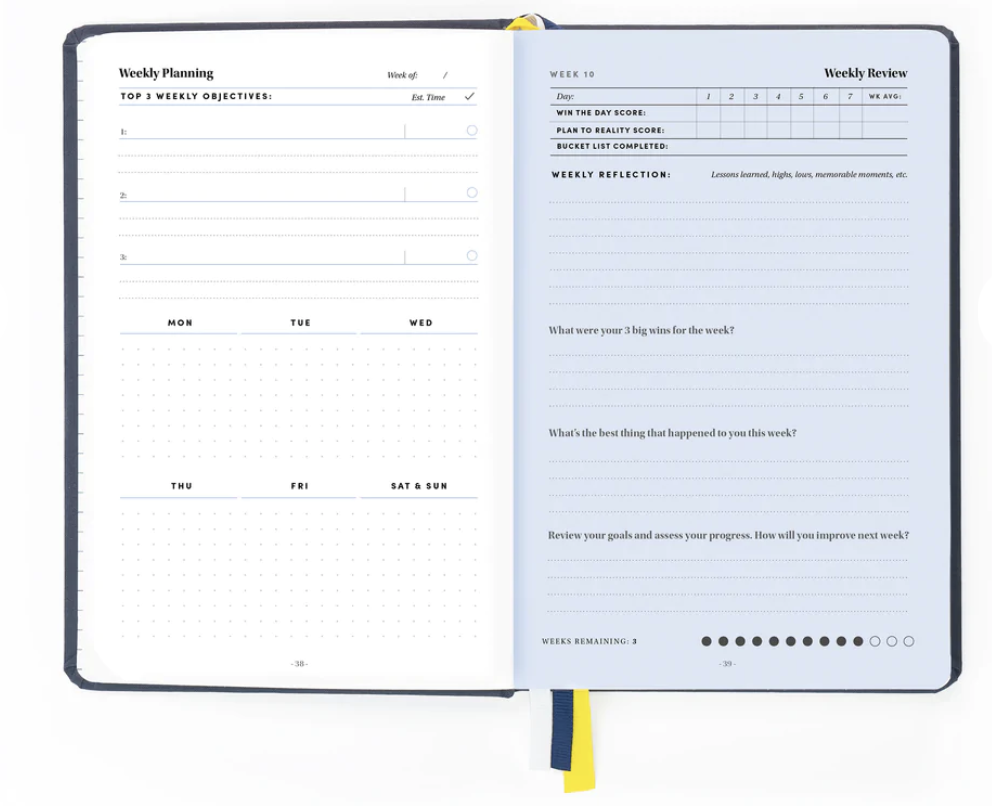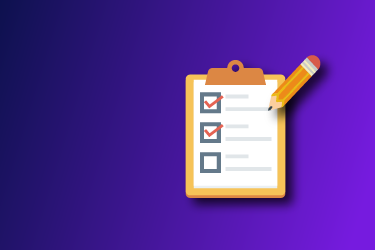Journaling is a powerful tool that can help you reflect on your life, set and achieve goals, and improve your overall well-being. In this blog post, we’ll introduce you to the concept of self improvement journaling and provide some helpful tips to get you started.
We’ll also discuss what kind of journal to use and provide some prompts to get your writing started. Whether you’re a seasoned journaler or new to the practice, we hope you’ll find this blog post helpful and inspiring. So grab your favorite pen and let’s get started!
The Heart of Self Improvement
Self improvement, also known as personal development or self-help, refers to the process of improving oneself or one’s life through intentional and conscious effort.
Self improvement is all about making positive changes in your life. It can be anything from setting goals and working towards them to getting healthier or learning new things. Basically, it’s all about becoming the best version of yourself. It’s a journey that lasts a lifetime, and it’s all about learning and growing as you go.

The Downsides and Threats of Over Emphasizing Self Improvement and Growth
While self improvement can have many benefits, it’s important to also be aware of the threats that surround a constant desire to be “better,” or improving only for self-improvement’s sake.
At the heart of self-improvement should be a desire to become a more whole and effective person, who impacts the world in meaningful ways.
One threat of over emphasizing self improvement in your life is that it can be defeating to constantly analyze areas of your life that need improvement. This can lead to feelings of inadequacy or low self-esteem if progress is not made as quickly as you would like.
Another potential threat is that an over-emphasis on self improvement can sometimes detract from the ability to love and care for others. It’s important to remember that relationships and connections with others are also a key part of a well-rounded and fulfilling life.
Self improvement can also sometimes be a source of stress or pressure, as people may feel like they are not living up to their full potential or meeting the expectations they have set for themselves. It’s important to remember that self improvement is a journey, and it’s okay to take breaks and celebrate small victories along the way.
Finally, self improvement can sometimes be expensive, as it may involve the purchase of books, courses, or other resources. It’s important to be mindful of your budget and to prioritize self improvement activities that are both effective and affordable.
At the end of the day, self improvement is a good thing. But not for self improvement’s sake. Improve to be a more effective person who impacts the world in meaningful ways. Just be careful not to become obsessive and forget that you’re valuable just the way you are.
Start and Keep a Journal for Self Improvement
Here are some things you might want to consider before getting started with journaling for self improvement:
- What is your goal for journaling? Do you want to use it as a tool for self-reflection, for setting and achieving goals, for practicing gratitude, for improving your mental health, or for something else? Knowing your goal can help you determine the type of journaling that will be most beneficial for you.
- What format will you use for your journal? Will you use a traditional paper journal, a digital journal, or a combination of both? Consider what works best for you in terms of convenience, cost, and your personal preference.
- What kind of writing style do you prefer? Some people like to write in a structured, bullet-point format, while others prefer a more free-form style. Choose a style that feels comfortable and natural for you.
As for what to write about, here are some ideas to get you started:
- Reflect on your daily experiences: You could write about the events of your day, your thoughts and feelings, and any insights or learnings you had.
- Set and track goals: You could use your journal to set specific, achievable goals for yourself and track your progress towards achieving them.
- Practice gratitude: You could write down a list of things you are grateful for each day. This can help you cultivate a positive outlook and improve your overall well-being.
- Explore your thoughts and feelings: You could use your journal as a place to process and explore your emotions, whether they are positive or negative.
As for how often you should write, it’s up to you and what works best for your schedule and goals. Some people find it helpful to write in their journal every day, while others prefer to write less frequently. It’s important to find a frequency that works for you and that you can stick to consistently.
Now that you know the basics of journaling for self-improvement, you’ll need a journal.
Use a Guided Journal
If you have no clue where to get started, a guided journal can be a really useful resource.

Guided journals have prompts baked in, and some include other helpful tools to aid you on your journaling journey. Here are a few of our favorites:
- The Best Self Journal
- The Morning Sidekick Journal
- One Line a Day Journal
- The Sleep and Evening Routine Sidekick Journal (for optimizing sleep)
- The Nutrition Sidekick Journal (for eating better and/or losing weight)
Use A Blank Writing Journal
If you aren’t a stranger to a blank page, consider a lined writing journal. Check out some of the prompts below, and just start writing. Here are a few of our favorite writing journals:
- Lemome Corked Eco Friendly Journal ($12)
- Jumping Fox Design Journal ($15)
- Poluma Journal ($9)
Use a Bullet Journal
If one of your goals for self-improvement is to be more organized or productive, consider grabbing a bullet journal. Bullet journaling is a super beneficial way to journal, and can help you get and stay organized. Here are some of our favorite bullet journals:
- Lemome Corked Eco Friendly Grid Notebook ($13)
- Minimalism Art’s Classic Dotted Notebook Journal ($9)
- Leuchtturm1917 Medium A5 Dotted Hardcover Notebook ($20)
20 Self Improvement Journal Prompts
If you don’t want to go with a guided journal for self improvement, you may find it tough to get started. Stream of consciousness journaling is a lot more difficult than it sounds.
Here are 20 self-improvement journal prompts to get your mind started:
- What are three things I am grateful for today?
- What was the best part of my day?
- What was the most challenging part of my day and how did I handle it?
- What are three goals I want to achieve this week?
- What are three things I can do to take care of my physical health?
- What are three things I can do to take care of my mental health?
- What are three things I can do to improve my relationships with others?
- What are three things I can do to improve my performance at work or school?
- What are three things I can do to reduce stress in my life?
- What are three things I can do to pursue my passions or hobbies?
- What are three things I can do to make a positive impact in my community?
- What are three things I can do to improve my financial situation?
- What are three things I can do to improve my personal growth and development?
- What are three things I can do to improve my communication skills?
- What are three things I can do to improve my time management skills?
- Write about a time when you felt really proud of yourself and what you did to achieve that feeling.
- Write about a time when you faced a major challenge and how you overcame it.
- Write about a person who has had a major influence on your life and why.
- Write about a place that has special meaning to you and why.
- Write about a personal quality that you would like to improve and how you plan to work on it.
Start Journaling for Self Improvement Today!
Journaling for self improvement is a powerful tool that can help you reflect on your life, set and achieve goals, and improve your overall well-being. Whether you’re a seasoned journaler or new to the practice, there are many ways to get started and make journaling a part of your daily routine.
By choosing the right journal, setting aside dedicated time to write, and using prompts to get your writing started, you can begin reaping the many benefits of self improvement journaling. We hope this blog post has provided you with some helpful tips and inspiration to get started on your own journaling journey. Happy writing!





